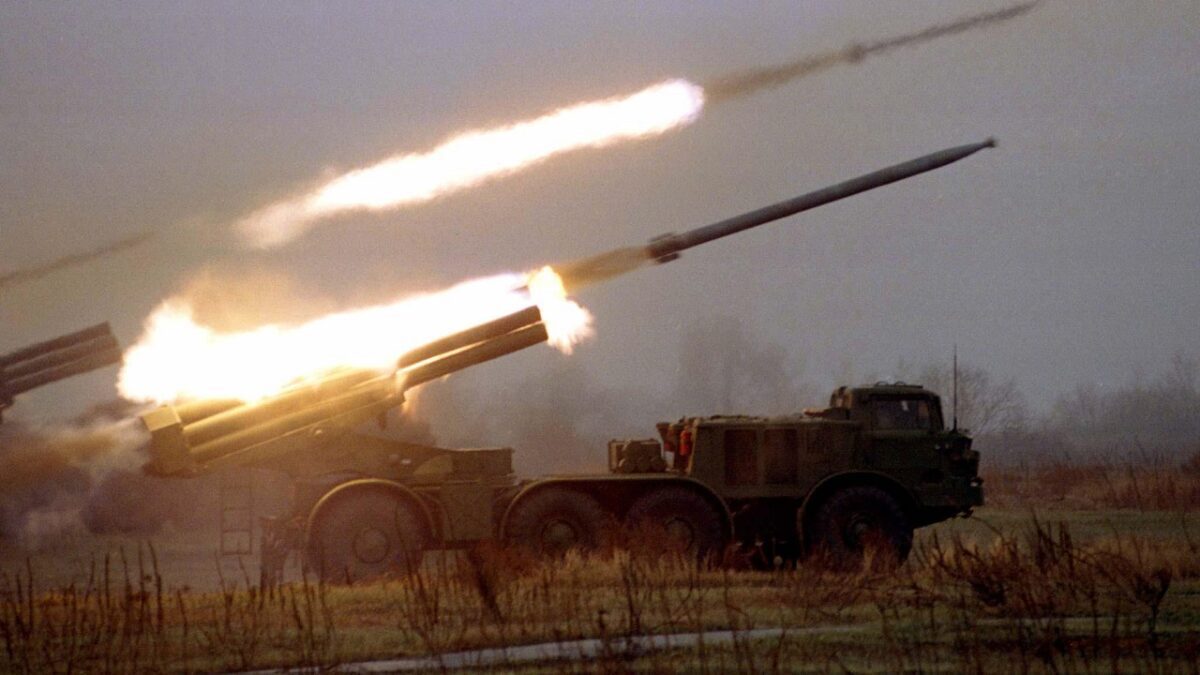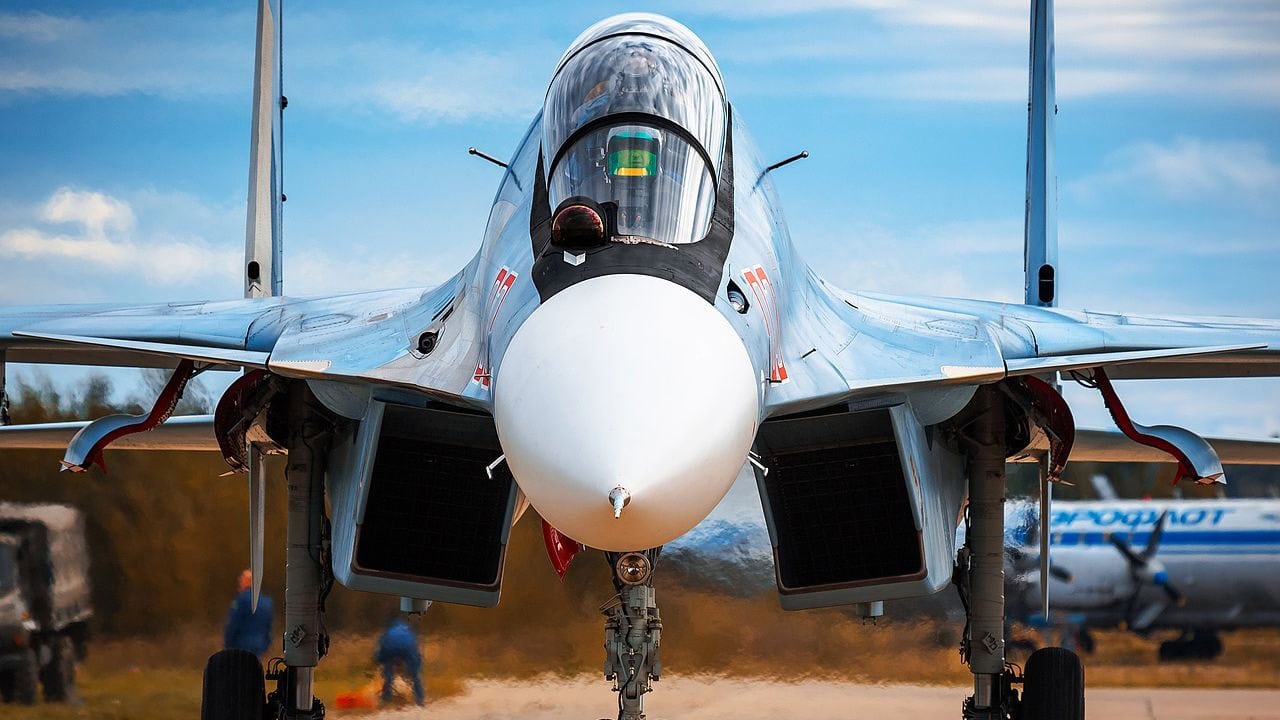The War in Ukraine Takes a Turn: Russia has (had) one bridge linking the mainland to Crimea – the Kerch Strait Bridge, a strategically vital piece of infrastructure. Now, in another setback for Russian President Vladimir Putin’s invasion efforts, Ukrainian forces have successfully targeted the Kerch Strait Bridge, crippling the bridge on Saturday.
“A fireball consumed two sections of the only bridge linking the occupied Crimean Peninsula to Russia on Saturday,” Michael Schwirtz and Andrew E. Kramer reported for the New York Times, “disrupting the most important supply line for Russian troops fighting in southern Ukraine and dealing an embarrassing blow to the Kremlin.”
A portion of the 12-mile bridge was destroyed, falling into the Kerch Strait. Three people were confirmed to have died in the blast. While Russian officials have been banned from discussing the attack, an anonymous official has reported that “Ukraine’s intelligence services had orchestrated the explosion, using a bomb loaded onto a truck being driven across the bridge.”
A Suspension of a Supply Line
The bombing of the Kerch Strait Bridge is being taken as a “personal affront” to Putin, who personally oversaw the bridge’s opening in 2018, and has failed “to get a handle on a relentless series of Ukrainian attacks.” The bridge bombing is just another in a long line of military defeats for Russia, who have failed in nearly every tangible objective of their Ukraine invasion.
“The explosion is emblematic of a Russian military in disarray,” Scwirtz and Kramer wrote. “Russian forces were unable to protect the bridge, despite its centrality to the war effort, its personal importance to Mr. Putin and its potent symbolism as the literal connection between Russia and Crimea.”
A Ukrainian official, speaking anonymously, spoke of the attack in similar terms. “The operation showed the failure of the Russian system to guarantee the security of even the most significant and sacred targets … the bridge is an artificial umbilical cord that connects the thief to his stolen property. All that is unnatural and obtained illegally must be and will be destroyed.”
Discerning the full extent of the damage to the bridge has been difficult. Russian forces immediately began repairing the damaged section of the bridge and reportedly, a 15-car train was able to pass through the damaged bridge segment on Saturday night. Russian officials also reported that car traffic had resumed by Saturday night. Although, the timeline for the full reopening of the bridge – and the bridge’s ability to transport military equipment – remains unclear.
A Crippling Accomplishment for Ukraine
According to The Hill, the attack crippled Russian logistics. Timothy Snyder, a Yale historian of Russia and Ukraine, tweeted that the explosion “cripples Russian logistics and dissolves the major symbol of Putin’s power.” And a bridge engineer, speaking with The Wall Street Journal, said that “it would take several months to restore damaged sections of the bridge.”
Accordingly, “Russian officials, military bloggers and politicians were already calling for revenge, with one saying that anything short of an “extremely harsh” response would show weakness,” Schwirtz and Kramer wrote. Putin weighed in on the attack, too: “there is no doubt that this is a terrorist attacked aimed at destroying the critically important civilian infrastructure of the Russian Federation.”
Evgeny Poddubny, a Russian war journalist, said that Ukraine did not seem to fear Russia anymore. “The enemy has stopped being afraid, and this circumstance needs to be correct promptly … Commanders of formations, heads of intelligence agencies, politicians of the Kyiv criminal regime sleep peacefully, wake up without a headache and in a good mood, without a sense of inevitability of punishment for crimes committed.”

Ukrainian “Hurricane” jet artillery cannons fire during exercises at the firing ground near the small village of Devichki, some 90 km west of Kiev, April 17, 1997.
The perception of Ukrainian comfort, whether real or imagined, may be on the verge of changing; Russia launched a series of retaliatory strikes across Ukraine on Monday, just two days after the Kerch Strait Bridge explosion. “Putin said the Russian military launched precision weapons from the air, sea and ground to target key energy and military command facilities,” Market Watch reported. “He warned that if Ukraine continues to mount “terrorist attacks” on Russia, Moscow’s response will be “tough and proportionate to the level of threats.”
Harrison Kass is the Senior Defense Editor at 19FortyFive. An attorney, pilot, guitarist, and minor pro hockey player, he joined the US Air Force as a Pilot Trainee but was medically discharged. Harrison holds a BA from Lake Forest College, a JD from the University of Oregon, and an MA from New York University. He lives in Oregon and listens to Dokken. Follow him on Twitter @harrison_kass.

